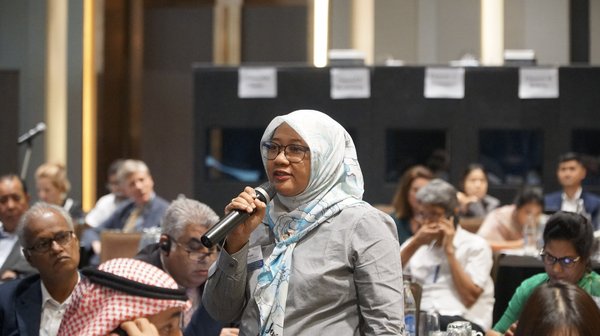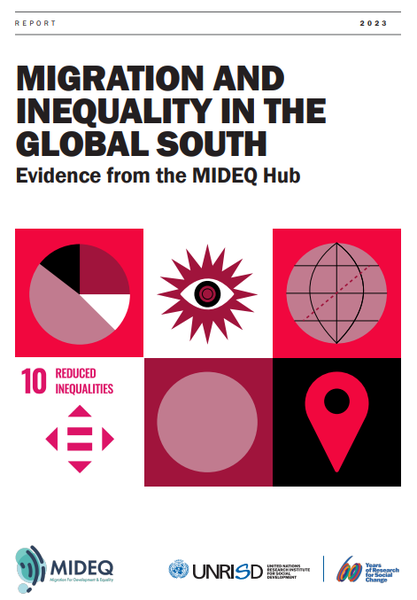
Bogota, Colombia. Photo by Pedro Szekely via Flickr . CC BY-SA 2.0 DEED.
This working paper was authored by Alexandra Castro and Jason Gagnon from the OECD Development Centre.
Executive Summary
Colombia has emerged as a stable and dynamic economy. It has enjoyed positive economic growth and the lives of its inhabitants has steadily improved over the last 20 years. But its potential to adapt and adopt new technologies has not kept up with its success in creating growth and improvements in livelihoods. To continue its positive growth path, Colombia needs a fresh injection of skills, which vary and depend on the path Colombia will take and its strategy for the future. Many skills are now being developed in Colombia, following investments in education and training, in line with high-level strategies on the country’s relative advantages.
But it may not be enough. There continues and will continue to be key shortages in the labour market. Investments in education and skill upgrading take time to bear fruit, and Colombia still lags behind in key technological fields and a substantial share of its researchers work outside of the private sector, where most innovation happens.
Colombian policymakers must therefore find innovative ways to fill those gaps, by looking more broadly at finding talent. Three paths are available to policymakers:
- Making it easier for foreigners already in the country to contribute to the socioeconomic growth and well-being of the country;
- Working more closely with the Colombian diaspora, to invest and possibly return and fill talent gaps;
- Looking more broadly and making Colombia even more attractive as a place to work.
The paper lays out a research plan, by proposing five policy recommendations
1. Connect migration and the need for skills in Colombia to a broad national narrative
Broadening the policy discourse in Colombia is the starting point – not only to ensure coherence, but also because creating the right conditions for attraction and retention requires competencies beyond those related strictly to migration and labour.
2. Facilitating smoother migration to Colombia
For Colombia to take further steps into attracting and retaining talent, it will need to tackle and ensure migration procedures to its country – by establishing a one-stop-shop for instance.
3. Enabling integration and the sustainability of migration
Making it simpler to migrate to Colombia is a crucial step but ensuring that integration is successful, and expectations are met is another challenge.
4. Creating the systems and the data necessary for decision-making
Better data sharing and harmonisation can help minimise skills shortages and mismatches. As such, Colombia’s role in creating platforms for better data sharing not only between employers and education institutions, but also between line ministries, private sector, civil society, and local governments across different countries on key indicators of the future of work landscape will be essential.
5. Fostering dialogue and establishing partnerships
To implement the research elements above, more dialogue and partnerships must be established. Dialogue is needed with diaspora members and migrants themselves, across governmental line ministries, and with civil society and private sector actors.



